Corruption in focus of Croatia vote
Croatia’s parties are competing in making pre-election promises to root out corruption.
Thursday, 08.11.2007.
10:09

Croatia’s parties are competing in making pre-election promises to root out corruption. But when it comes to action, the results are less impressive. Corruption in focus of Croatia vote Croatia’s three-week election campaign opened on November 3 with the fight against corruption very much in the focus of attention. As the battle for votes in the November 25 parliamentary elections heats up, political parties are increasingly trying to shape the agenda so that it will reflect their plans to root out graft. The campaign comes in the wake of independent Croatia’s biggest-ever investigation into corruption, involving senior figures at the Croatian Privatization Fund HFP; and it coincides with the publication on November 6 of the European Commission’s annual report on Croatia’s progress towards accession in which the issue of corruption features prominently. Croatian politicians’ interest in dealing with bribery comes under pressure, partly from the EU and partly from their electorate. “For voters corruption has turned into one of the biggest issues, along with economic development and unemployment”, Josip Kregar, dean of Zagreb’s University’s law faculty, told Balkan Insight. “The parties can’t ignore it any more.” Yet political analysts remain wary of the campaign slogans and promises. While acknowledging that police and prosecution activities against bribery have intensified recently, they argue that politicians’ words are still stronger than the authorities’ practical steps in tackling this endemic disease of Croatian society. Even when it comes to the measures actually taken, doubts remain. Sceptics have been wondering if Operation Maestro, in which three vice-presidents of HFP were arrested in June, was a sign that the authorities are genuinely prepared to tackle corruption or part of the pre-election strategy of the governing center-right Croatian Democratic Union, HDZ. The three HFP vice-presidents, Ivan Gotovac, Josip Matanovic and Robert Pesa, are among seven individuals arrested. They have been charged with accepting bribes and selling state- owned companies without proper legal bids. The accused officials have denied any wrongdoing. The prosecutors at the Office for the Prevention of Corruption and Organiyed Crime, USKOK, accused them among other offenses, of dishonest practices in the sale of land close to the town of Porec, in Istria, along Croatia’s northern Adriatic coastline. After the arrests State Prosecutor Mladen Bajic alleged that each of the HFP vice-presidents had his own separate network of associates. Undercover agents testified that they had to pay €50,000 just to have coffee with one of the accused - to gain the opportunity to discuss potentially illegal activities. Shortly before the start of the election campaign Zagreb county court decided to expand the scope of the “Maestro” investigation. It may now go as far back as the early 1990s, when HFP was established, as some of the persons charged have been working there for almost two decades. Zorislav Petrovic, from Transparency International Croatia, TIH, sees the “Maestro” case as evidence that USKOK, established in 2001 by the previous center-left government, has finally started to function properly. As far as he is concerned, the delay has already been too long. “I think that privatization in Croatia was the biggest criminal”, Petrovic told Balkan Insight. Although there has recently been an increase in indictments against employees of the state over bribery, USKOK, set up to deal with both corruption and organized crime, has so far been dealing mostly with the second part of its mission – primarily drug dealers and people smugglers. In spite of what many see as the insufficient attention given by the authorities to combating corruption until the last few months, Croatia has made steady, if slow, progress in recent years – at least as far as the business community’s awareness of corruption is concerned. TIH’s index of the perception of corruption in Croatia has improved from a score of 2.8 in 1999 to 4.1 for 2007, out of a possible maximum score of 10. In terms of international comparison, during the last year Croatia climbed five places in the rankings to 64th position out of 179 countries. Petrovic is among experts who argue that the high-profile cases involving HFP and others are only part of the story. Small-scale, all-pervasive corruption at the local level – at the “ticket-office” – is more of a problem for Croatian society than bribery in the higher echelons of the state. He believes it is necessary to cut the bureaucracy and establish a register of responsibilities so that each public servant, however low in the hierarchy of the state’s employees, can be called to account if they make a mistake or commit an offense. Failure to address this low-level corruption, which means so much to ordinary voters, is one area where the government’s strategy has come in for criticism from the opposition – including its main force, the Social Democrats, SDP. Professor Ivo Josipovic, the SDP’s chief strategist on this issue, has promised “a war against corruption” which will go beyond simply punitive measures, if his party gains power. “The SDP's program is different from others because it recognizes corruption as an endemic disease in society which needs to be cured by decisive measures in many fields”, Josipovic told Balkan Insight. “Transparency in the functioning of the state and public services, and elimination of the conflict of interests are the essential elements of the SDP’s anti-corruption program.” Among the smaller opposition parties, the Social Liberals, HSLS, presented their anti-corruption strategy a week before the official launch of the election campaign. The party’s President, Djurdja Adlesic, said HSLS would insist on banning senior state officials and parliamentary deputies from sitting on the supervisory and management boards of companies. The HDZ has not put forward a new anti-corruption program in its election manifesto. However, Berislav Zivkovic, an official at the Ministry of Family and Veterans’ Affairs, told Balkan Insight that there was no need for this because the government’s current anti-corruption strategy, endorsed in 2006, was still in force until next year. “The HDZ plans to produce a new program to fight corruption in 2008 when the old one expires. Our national anti-corruption program envisages reforms in all parts of Croatia's public life, such as reducing the state bureaucracy. That includes implementing e-Croatia…which will enable the starting of a business in just one day.” Assessing the various parties’ anti-corruption strategies, political analyst Davor Genero argues that they “don’t look particularly serious”. However, he expects the next government to be more active because it will come under increasing pressure from Brussels as Croatia approaches the date of its EU accession. Croatia’s parties will also need to put their own house in order because currently there are no regulations in place about party funding. Genero believes that if TIH succeeds in persuading parties to reveal how they collect funds for the election campaign, “that is going to be a step forward”. According to Genero, there is another problem when it comes to dealing with corruption, even when politicians want to take action. As the “Maestro” case unfolded, implicating so many senior figures in HFP, Prime Minister Ivo Sanader wanted to break up the HFP to replace it with another structure but “he couldn’t do it because he didn’t have enough people in the public administration with whom he could do it”, Genero told Balkan Insight. Political analysts detect another reason why the parties appear at times reluctant to commit themselves fully to the campaign against corruption. “They all have their fingers in the jam jar, so that is why there is no fire in the pre-election campaign when it comes to clamping down on corruption”, Genero says. That argument is taken further by Professor Kregar, who underlines that corruption issue is being exploited by parties more as an electioneering topic than for giving support to practical police work. Even when there is some visible progress in the coordination of police and prosecution activities, there is still, in Kregar’s view, a missing link in the accountability of the top leaders. “The public expects that the measures taken should not end at the level of the deputies to the bosses, as in the ‘Maestro’ case,” Kregar says, but he believes that the most prominent figures still remain out of reach of the investigations. Moreover, Kregar argues, there is no tradition of senior officials accepting political responsibility for various scandals: ministers do not resign when their subordinates are detected as having committed some criminal offenses. As the “Maestro” investigation continues, with no date set for a trial, it is likely to be exploited to the full by all sides in the election campaign. For the Croatian public it represents a ray of hope that some action is finally being taken. A pre-publication version of the European Commission’s annual progress report, obtained by Balkan Insight, confirms that Brussels is seeing signs of moderate improvement. However, the report notes that no high-level official has been put on trial for, let alone convicted of, corruption. Back in Croatia, whatever the contestants may promise in the election campaign, few of their electorate expect a break-through in the fight against corruption any time soon.
Corruption in focus of Croatia vote
Croatia’s three-week election campaign opened on November 3 with the fight against corruption very much in the focus of attention. As the battle for votes in the November 25 parliamentary elections heats up, political parties are increasingly trying to shape the agenda so that it will reflect their plans to root out graft.The campaign comes in the wake of independent Croatia’s biggest-ever investigation into corruption, involving senior figures at the Croatian Privatization Fund HFP; and it coincides with the publication on November 6 of the European Commission’s annual report on Croatia’s progress towards accession in which the issue of corruption features prominently.
Croatian politicians’ interest in dealing with bribery comes under pressure, partly from the EU and partly from their electorate.
“For voters corruption has turned into one of the biggest issues, along with economic development and unemployment”, Josip Kregar, dean of Zagreb’s University’s law faculty, told Balkan Insight. “The parties can’t ignore it any more.”
Yet political analysts remain wary of the campaign slogans and promises. While acknowledging that police and prosecution activities against bribery have intensified recently, they argue that politicians’ words are still stronger than the authorities’ practical steps in tackling this endemic disease of Croatian society.
Even when it comes to the measures actually taken, doubts remain. Sceptics have been wondering if Operation Maestro, in which three vice-presidents of HFP were arrested in June, was a sign that the authorities are genuinely prepared to tackle corruption or part of the pre-election strategy of the governing center-right Croatian Democratic Union, HDZ.
The three HFP vice-presidents, Ivan Gotovac, Josip Matanović and Robert Pesa, are among seven individuals arrested. They have been charged with accepting bribes and selling state- owned companies without proper legal bids. The accused officials have denied any wrongdoing.
The prosecutors at the Office for the Prevention of Corruption and Organiyed Crime, USKOK, accused them among other offenses, of dishonest practices in the sale of land close to the town of Porec, in Istria, along Croatia’s northern Adriatic coastline.
After the arrests State Prosecutor Mladen Bajić alleged that each of the HFP vice-presidents had his own separate network of associates. Undercover agents testified that they had to pay €50,000 just to have coffee with one of the accused - to gain the opportunity to discuss potentially illegal activities.
Shortly before the start of the election campaign Zagreb county court decided to expand the scope of the “Maestro” investigation. It may now go as far back as the early 1990s, when HFP was established, as some of the persons charged have been working there for almost two decades.
Zorislav Petrović, from Transparency International Croatia, TIH, sees the “Maestro” case as evidence that USKOK, established in 2001 by the previous center-left government, has finally started to function properly. As far as he is concerned, the delay has already been too long.
“I think that privatization in Croatia was the biggest criminal”, Petrović told Balkan Insight.
Although there has recently been an increase in indictments against employees of the state over bribery, USKOK, set up to deal with both corruption and organized crime, has so far been dealing mostly with the second part of its mission – primarily drug dealers and people smugglers.
In spite of what many see as the insufficient attention given by the authorities to combating corruption until the last few months, Croatia has made steady, if slow, progress in recent years – at least as far as the business community’s awareness of corruption is concerned.
TIH’s index of the perception of corruption in Croatia has improved from a score of 2.8 in 1999 to 4.1 for 2007, out of a possible maximum score of 10. In terms of international comparison, during the last year Croatia climbed five places in the rankings to 64th position out of 179 countries.
Petrović is among experts who argue that the high-profile cases involving HFP and others are only part of the story. Small-scale, all-pervasive corruption at the local level – at the “ticket-office” – is more of a problem for Croatian society than bribery in the higher echelons of the state.
He believes it is necessary to cut the bureaucracy and establish a register of responsibilities so that each public servant, however low in the hierarchy of the state’s employees, can be called to account if they make a mistake or commit an offense.
Failure to address this low-level corruption, which means so much to ordinary voters, is one area where the government’s strategy has come in for criticism from the opposition – including its main force, the Social Democrats, SDP.
Professor Ivo Josipović, the SDP’s chief strategist on this issue, has promised “a war against corruption” which will go beyond simply punitive measures, if his party gains power.
“The SDP's program is different from others because it recognizes corruption as an endemic disease in society which needs to be cured by decisive measures in many fields”, Josipović told Balkan Insight.
“Transparency in the functioning of the state and public services, and elimination of the conflict of interests are the essential elements of the SDP’s anti-corruption program.”
Among the smaller opposition parties, the Social Liberals, HSLS, presented their anti-corruption strategy a week before the official launch of the election campaign. The party’s President, Đurđa Adlesić, said HSLS would insist on banning senior state officials and parliamentary deputies from sitting on the supervisory and management boards of companies.
The HDZ has not put forward a new anti-corruption program in its election manifesto. However, Berislav Zivković, an official at the Ministry of Family and Veterans’ Affairs, told Balkan Insight that there was no need for this because the government’s current anti-corruption strategy, endorsed in 2006, was still in force until next year.
“The HDZ plans to produce a new program to fight corruption in 2008 when the old one expires. Our national anti-corruption program envisages reforms in all parts of Croatia's public life, such as reducing the state bureaucracy. That includes implementing e-Croatia…which will enable the starting of a business in just one day.”
Assessing the various parties’ anti-corruption strategies, political analyst Davor Genero argues that they “don’t look particularly serious”.
However, he expects the next government to be more active because it will come under increasing pressure from Brussels as Croatia approaches the date of its EU accession.
Croatia’s parties will also need to put their own house in order because currently there are no regulations in place about party funding. Genero believes that if TIH succeeds in persuading parties to reveal how they collect funds for the election campaign, “that is going to be a step forward”.
According to Genero, there is another problem when it comes to dealing with corruption, even when politicians want to take action. As the “Maestro” case unfolded, implicating so many senior figures in HFP, Prime Minister Ivo Sanader wanted to break up the HFP to replace it with another structure but “he couldn’t do it because he didn’t have enough people in the public administration with whom he could do it”, Genero told Balkan Insight.
Political analysts detect another reason why the parties appear at times reluctant to commit themselves fully to the campaign against corruption. “They all have their fingers in the jam jar, so that is why there is no fire in the pre-election campaign when it comes to clamping down on corruption”, Genero says.
That argument is taken further by Professor Kregar, who underlines that corruption issue is being exploited by parties more as an electioneering topic than for giving support to practical police work.
Even when there is some visible progress in the coordination of police and prosecution activities, there is still, in Kregar’s view, a missing link in the accountability of the top leaders.
“The public expects that the measures taken should not end at the level of the deputies to the bosses, as in the ‘Maestro’ case,” Kregar says, but he believes that the most prominent figures still remain out of reach of the investigations.
Moreover, Kregar argues, there is no tradition of senior officials accepting political responsibility for various scandals: ministers do not resign when their subordinates are detected as having committed some criminal offenses.
As the “Maestro” investigation continues, with no date set for a trial, it is likely to be exploited to the full by all sides in the election campaign. For the Croatian public it represents a ray of hope that some action is finally being taken.
A pre-publication version of the European Commission’s annual progress report, obtained by Balkan Insight, confirms that Brussels is seeing signs of moderate improvement. However, the report notes that no high-level official has been put on trial for, let alone convicted of, corruption.
Back in Croatia, whatever the contestants may promise in the election campaign, few of their electorate expect a break-through in the fight against corruption any time soon.






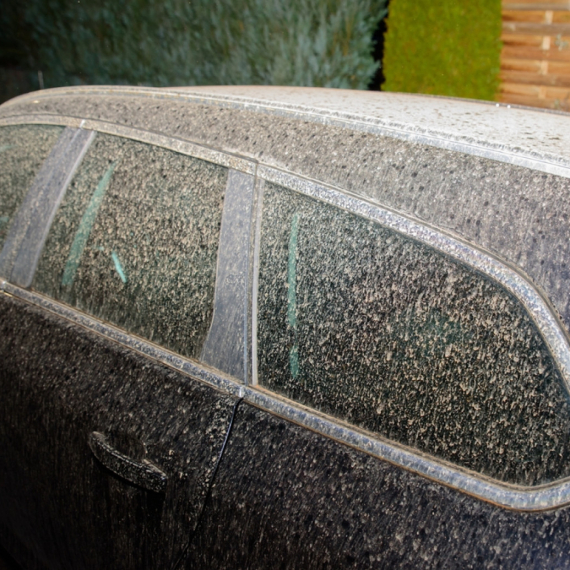




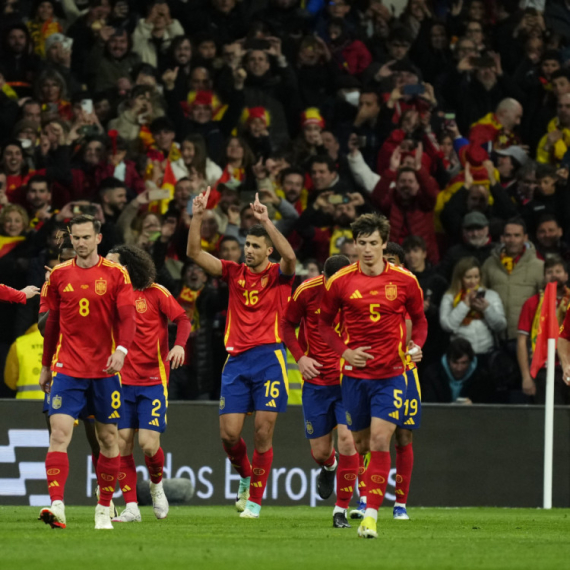

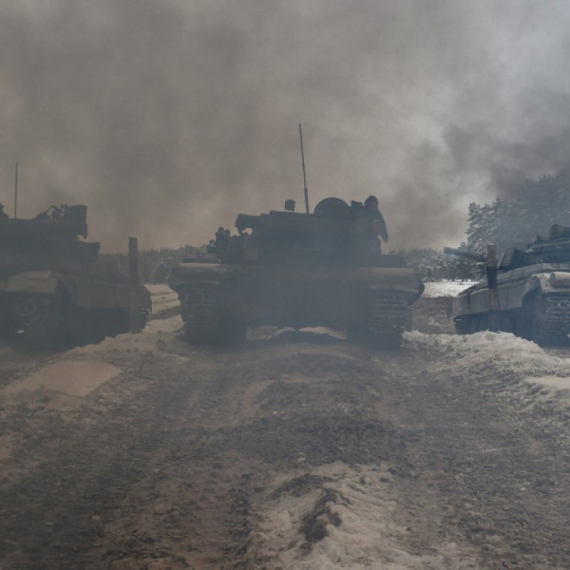


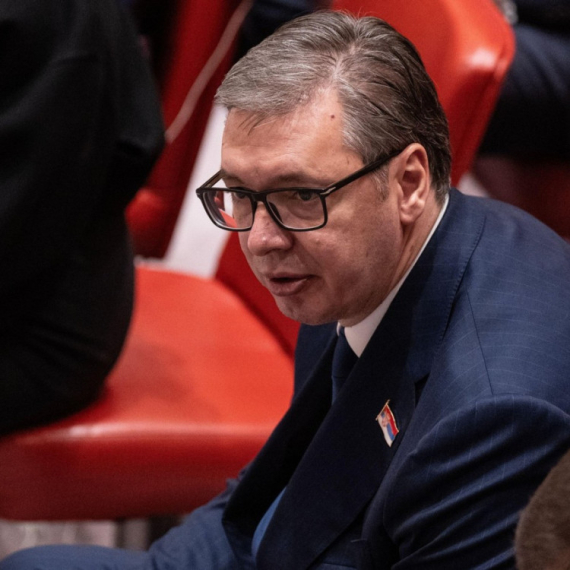

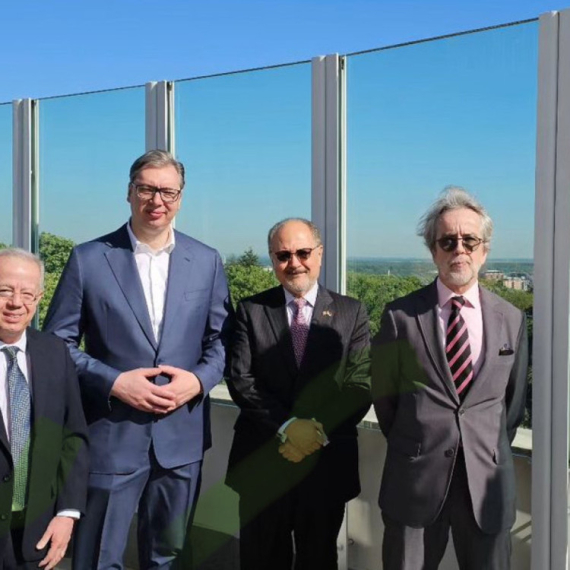
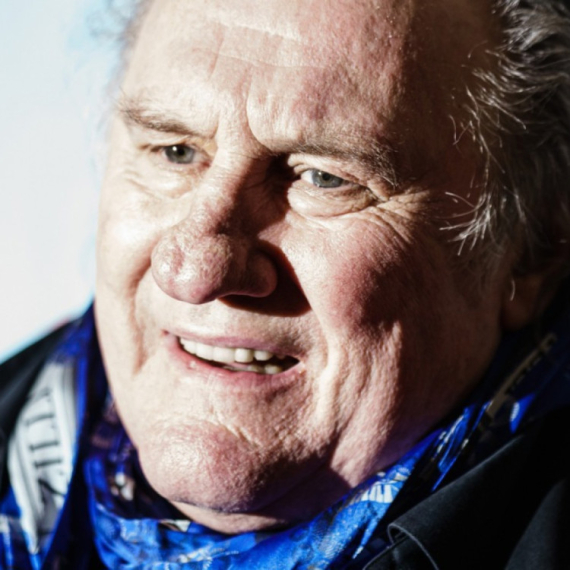
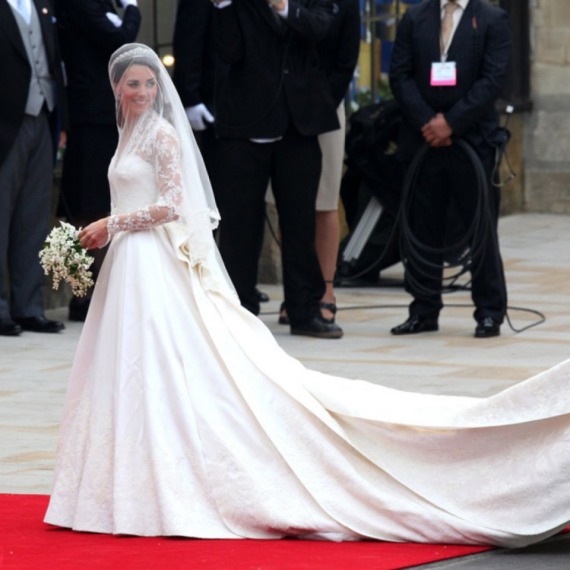
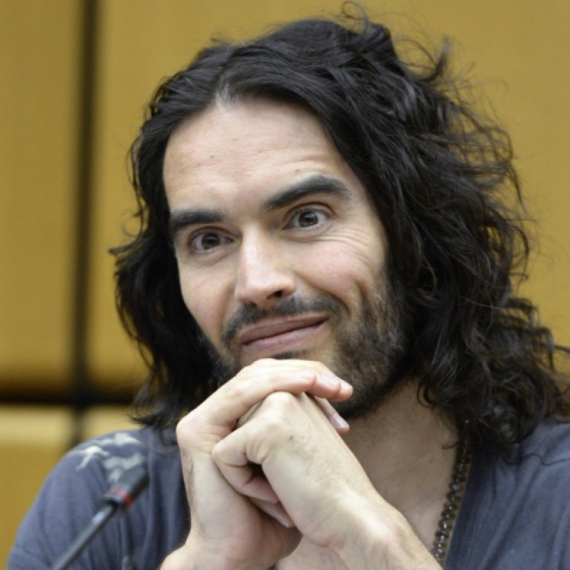
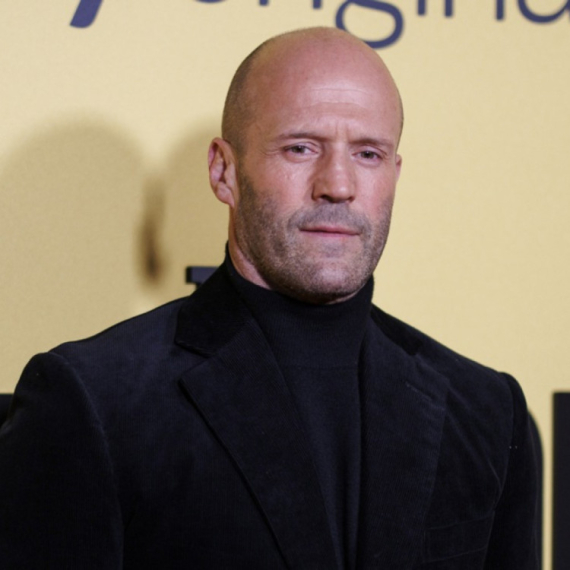
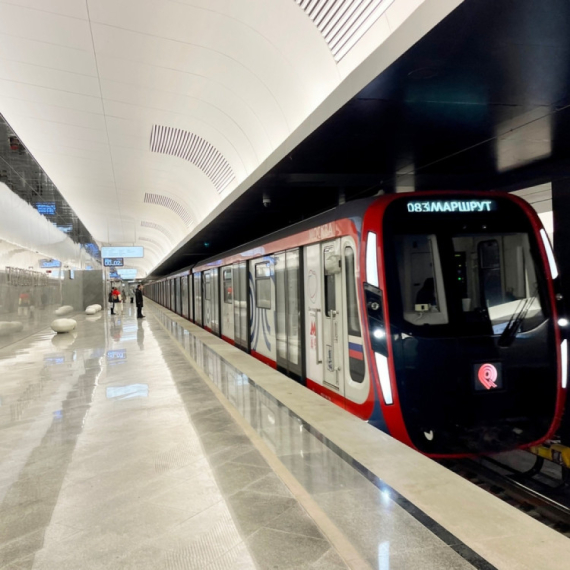

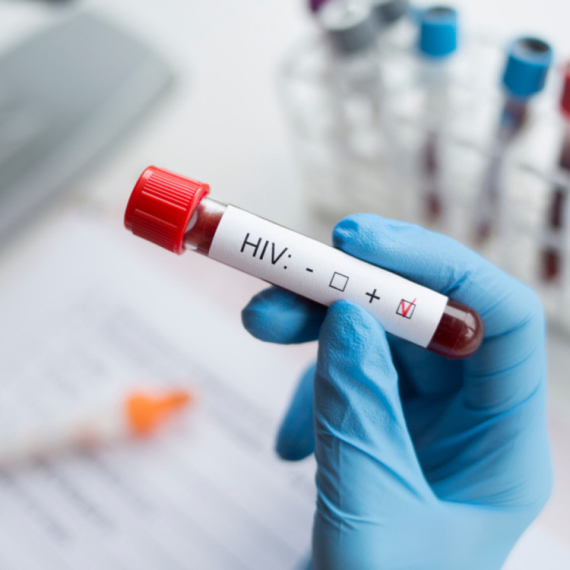













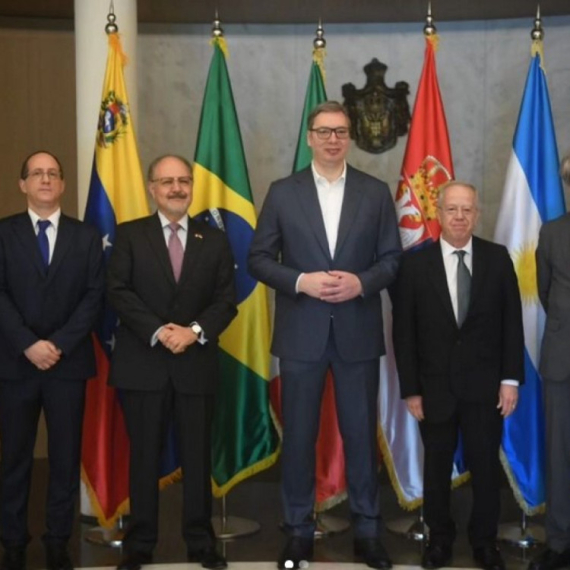


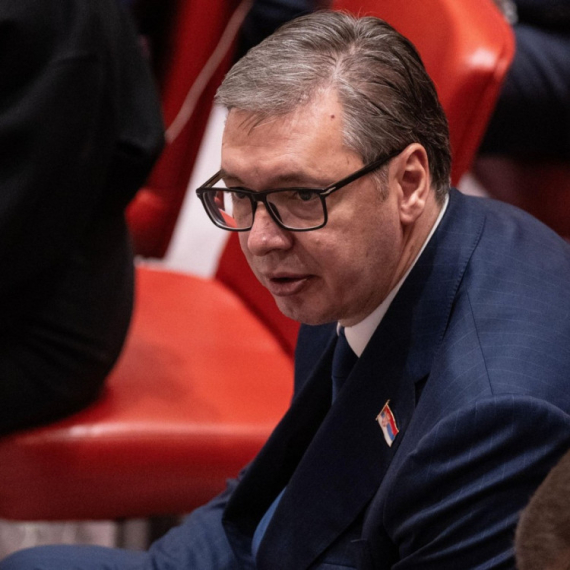





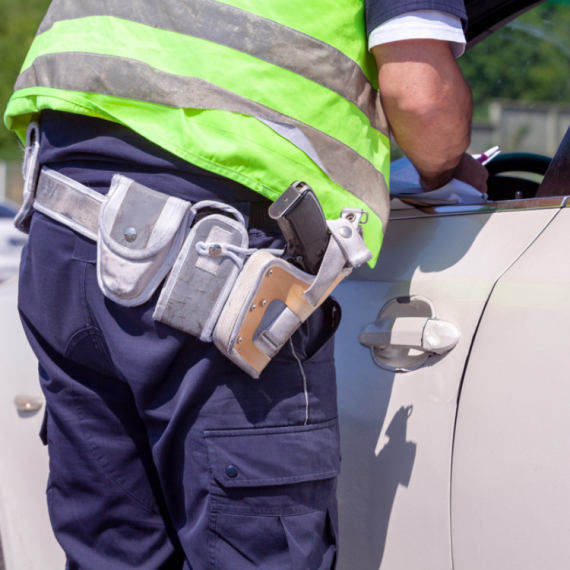



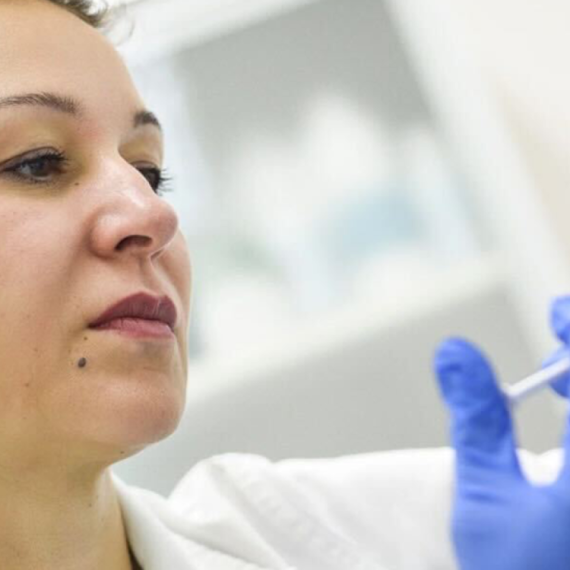
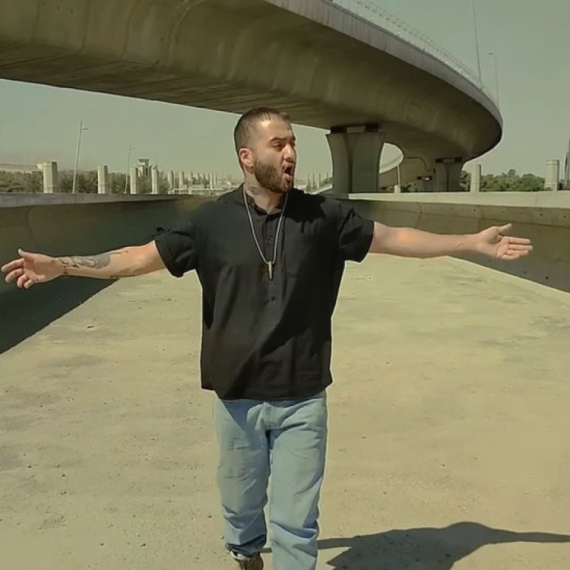


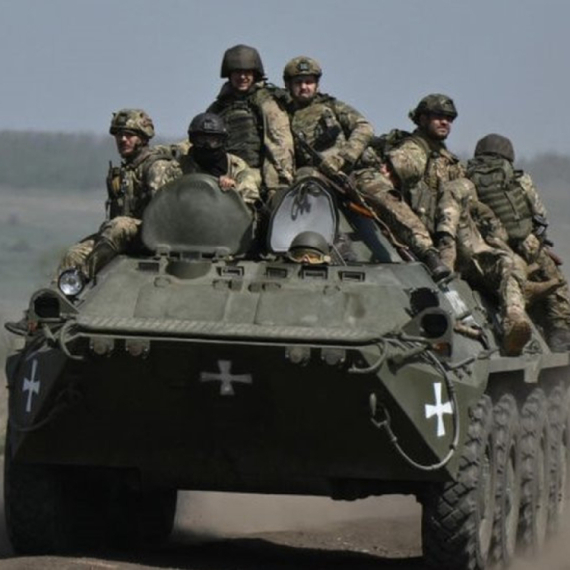

Komentari 3
Pogledaj komentare